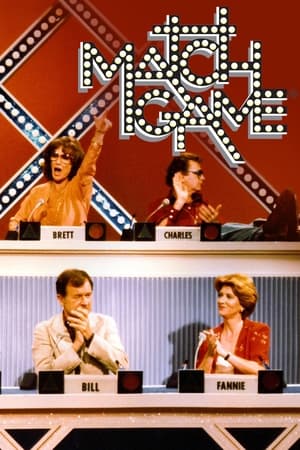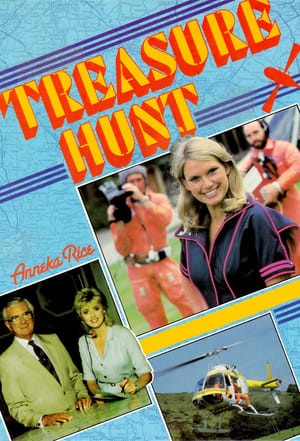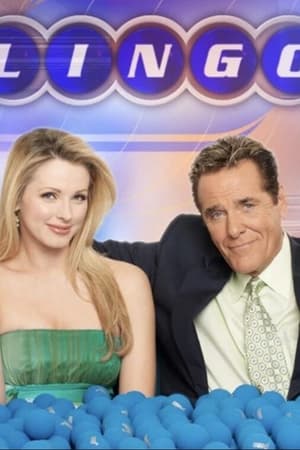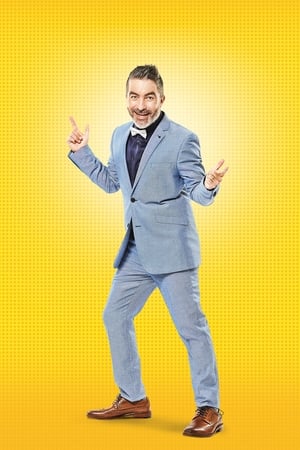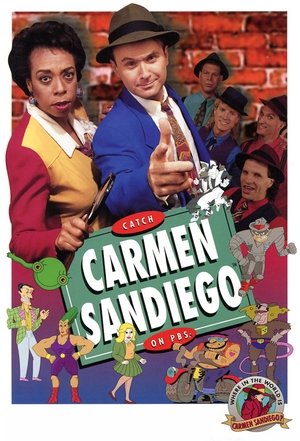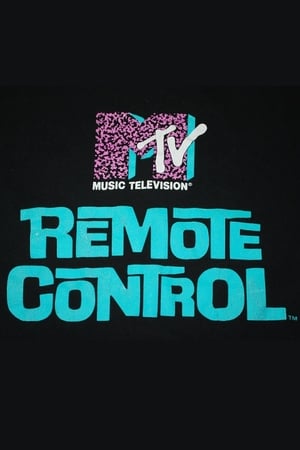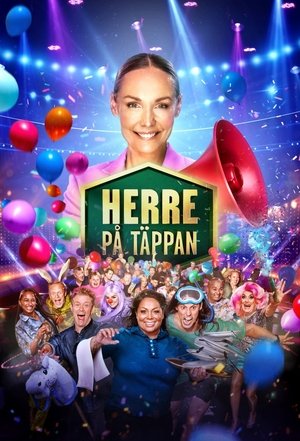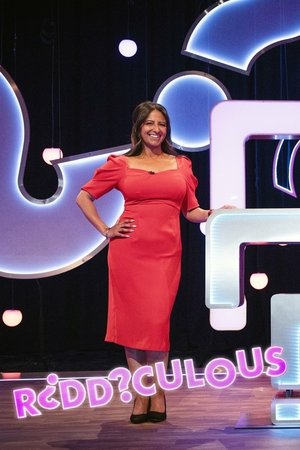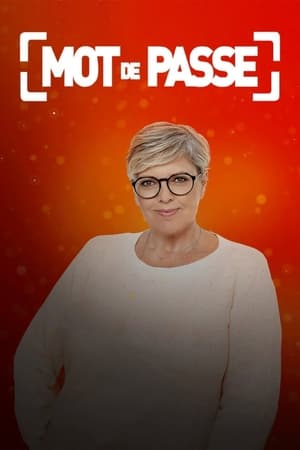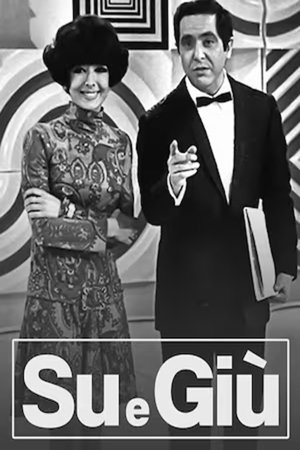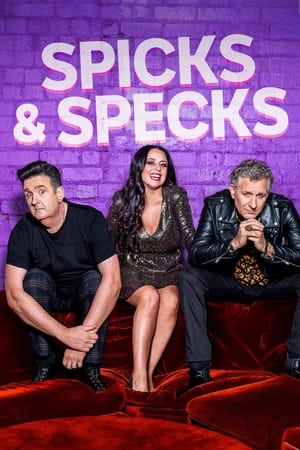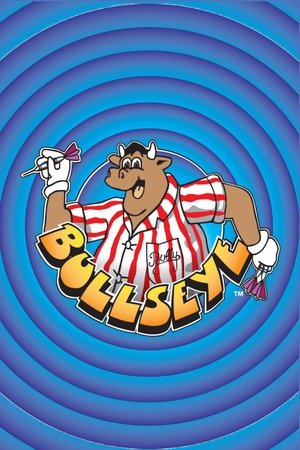Overview
Sale of the Century is a television game show format that has been screened in several countries in various incarnations since 1969. The show found its biggest success in Australia, where it aired weeknights from 1980 to 2001. A new version had aired in Australia from May 2005 to January 2009 and in the United States during the 2007-2008 television season in syndication under the title of Temptation.
The format is a general knowledge quiz, where a set of contestants earn money for correct answers, and occasionally have the chance to "buy" heavily-discounted prizes with their score money via "Instant Bargains". Long-running champions would compete to win enough money to buy larger prizes, such as trips or cars, at show's end; more successful ones could end up buying all the prizes on offer and/or a large cash jackpot. In 1973 the three contestant format was dropped and two married couples were used as contestants. This two couple format was also used during the 1973-1974 night time syndicated version as well.
After its original run in the USA and during its successful run in the UK, the format was purchased by Australian TV mogul Reg Grundy, whose Grundy Television had produced a similarly formatted program called Temptation between 1971 and 1976. The Grundy version of Sale premiered on Nine Network on July 14, 1980 and became a massive success, spawning versions all across the world. At its close in 2001 it was Australia's longest-running game show.

 English
English
 10
10
 1969
1969
 US
US
